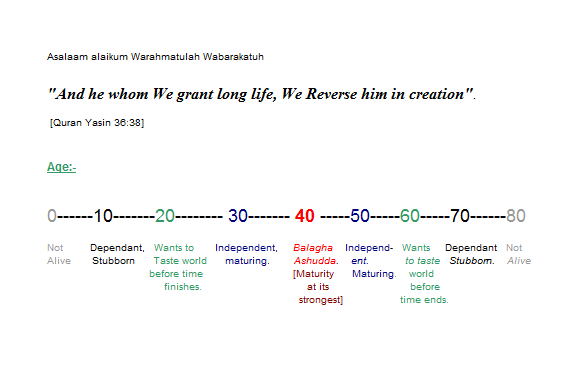The use of delicate sounds.. exhibits the Qur’an’s ability to express meaning via the sound of its text:
The Still Night..
وَاللَّيْلِ إِذَا سَجَىٰ
wallayli izaa sajaa..
“And by the Night when it is still..” [Qur'an 93: 2]
The way the Qur’an uses the word ‘when it is still’ produces a tranquil tone and a smooth sound. This indicates the peace, stillness and serenity that night time provides.
The Striking of Rocks to Produce Sparks:
The Qur’an also uses sound to build intense images, for example,
فَالْمُورِيَاتِ قَدْحًا
Faalmooriyaati Qad-han
“And the producers of sparks striking” [Qur'an 100: 2]
The word for sparks striking, ‘Qad-han’, that is used here emits a sound that develops the sense of this image, the proximity of the Arabic letters ‘daal’ and the ‘ha’ is responsible for this sound.
Splattering and Scattering..
In another example,:
وَأَنزَلْنَا مِنَ الْمُعْصِرَاتِ مَاءً ثَجَّاجًا
Waanzalna mina almu'siraati maa'an thajjaja
And sent down, from the rain clouds, pouring water. [Naba' 78:14]
The use of the word 'thajjaja' in this verse, with its series of vowels emits a sound of splattering and scattering, which expresses the image of the drama.
For example in the verse below the Qur’an uses words that imitate the sound they denote. This rhetorical device called Onomatopoeia is widely used throughout the Qur’anic discourse.
Saaaakhah.. the loud deafening noise.
فَإِذَا جَاءَتِ الصَّاخَّةُFa-itha jaa'ati-ssaaakhah
But when there comes the Deafening Blast. [Abasa 80:33]
The word for ‘deafening noise’, ‘alssaakhah,’ chosen here produces a sound eluding to its meaning.
The Arabic letters ‘kha’ connected with a 'ta’ [marboota = a 'ha' sound] emanate harsh sounds which conform to the meaning of the text.
The Waswasa Whispering..
فَوَسْوَسَ إِلَيْهِ الشَّيْطَانُ
Fa Wasswassa ilayhi-shaytaan.. [Ta-Ha 20:120]
So Satan whispered to him [Adam]...
The word Wasswassa = Repeated Whispering which is targetted at someone, paused, and then comes back again.
The word is repeated twice [Wass-Wassa] because satan's whispering is targetted at a person - to make them doubt/fear/get confused etc. then he will go away and come back again to whisper again another time...
[Also See Surah al-Naas 114.]
The utilisation of sounds in the Qur’an also play a rhetorical role.
Sounds in the Qur’an are employed to increase the effect of its message. The Arabic language has many words for a single meaning, but yet the Qur’an selects and arranges the words to portray the intended meaning in addition to create sounds to conform to the image, scene and message the book conveys. This is not only done by selecting the right words but also arranging them in a specific way to develop sounds and rhythms. Just by touching upon a few simple examples it can be seen why Pickthall was lead to believe that the Qur’an had an “inimitable symphony”.
A famous Orientalist Arberry comments on his personal experience with the rhythm of the Qur’an:
“Whenever I hear the Quran chanted, it is as though I am listening to Music, underneath the flowing melody there is sounding… insistent beat of a drum, it is like the beating of my heart.”
Refer to this link for more Comments of non-muslim Orientalists on the Qur'an's miraculousness;
http://linguisticmiracle.blogspot.com/2010/02/al-quran-linguistic-miracle-hamza.html
Refer to the following Aayaat/verses for more Onomatopoeias' in the Qur'an.
[al Waqi'ah 56:4], [Nazi'at 79:6-7], [Zalzala 99:1].
There are more, and I will add them inshaa' Allah if I am able to find them.




